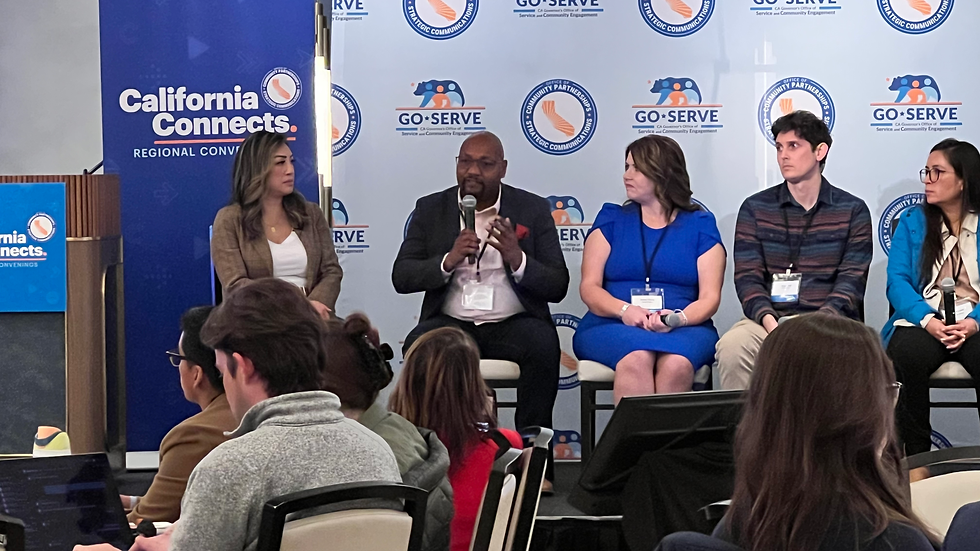OpEd: America has a long history of attacking reporters
- INFO-MD Staff

- Jul 5, 2018
- 2 min read

These are challenging times for journalists. The Internet and declining advertising revenue have taken a large chunk out of the industry, and we live in a climate where the president of the United States has declared the media "the enemy of the people." Last week's attack on the Capital Gazette in Annapolis, Md., was not so shocking for several members of the press, it was inevitable. In the wake of the shooting, the Huffington Post published a compilation of audio files threatening their reporters with rape and death.
Five journalists were killed in the mass shooting, which is the largest number of journalist killed in America since 9/11. After the shooting, President Donald Trump said: "Journalists, like all Americans, should be free from the fear of being violently attacked while doing their job."
But as much as America claims to be shocked at the violence directed at the press, it is nothing new for black reporters. Black newsmen and women have always had a unique position in the media. They have to cover mainstream stories and write about stories in their community that are largely ignored.
Pioneering journalist Ida B. Wells faced this situation. Born in 1862, Wells was a crusader for rights of Black people and one of the founders of the NAACP. But her main claim to fame was her work exposing lynchings, which terrorized African-Americans throughout the early part of the 20th century. Wells investigative work was supported by Frederick Douglass.
Wells published her findings in an editorial in the Memphis paper, The Free Speech, and in a pamphlet, Southern Horrors: Lynch Law in All Its Phases. She revealed that lynchings, apart from being a subversion of the judicial system, were also used as a form of social control designed to scare blacks who might have been doing better than white people. It was also used as a form of political terrorism to prevent black people from participating in elections.
Wells' life was threatened several times for her work, and she eventually left the South and moved to Chicago, where she wrote for the Chicago Conservator.
Well's work is still relevant to modern America. The Intercept's Shaun King has written extensively about police violence and extrajudicial killings of black men, and he also faces death threats. He recently tweeted that he has a security team and he hugs his family before he leaves homes, in case he doesn't make it back. He has also tripled his life insurance policy.
The Capital Gazette shootings were terrible, but it wasn't the first time it happened and unfortunately, probably won't be the last.








Comments